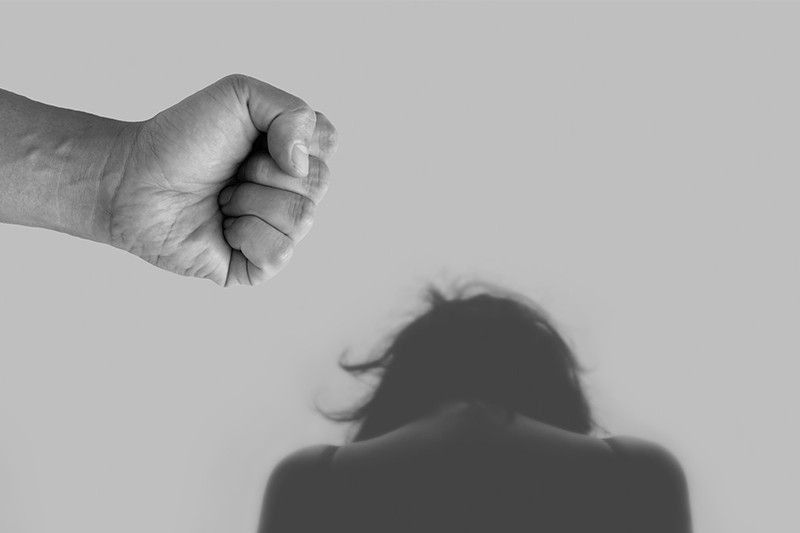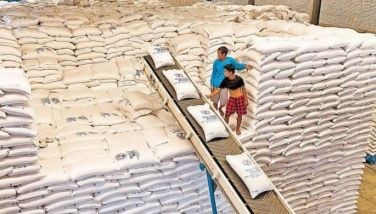Over half of Philippines kids suffer violent discipline – UNICEF

MANILA, Philippines — Over 23 million Filipino children under the age of 14 – roughly more than half of the age group nationwide – are violently disciplined at home, according to a study by the United Nations Children’s Fund.
UNICEF’s data showed that in 2022, three in five children, or nearly 60 percent of one- to 14-year-olds in the Philippines, have experienced at least one form of “violent discipline.”
Of the number, 11.6 million children or more than 50 percent within the age group reported having experienced physical aggression, 9.1 million or 39 percent were subjected to forms of physical punishment while nearly 800,000 or 3.4 percent went through “severe” physical punishment.
“Even the youngest children are not spared from violent discipline,” said UNICEF, noting that children aged three to nine suffered violent discipline most, with three out of five within the age group affected.
Violent discipline is either physical violence or psychological aggression, which exposes children to harm and other adverse long-term effects on behavior and mental health, the agency noted.
Meanwhile, two of five children aged one to two also experienced similar forms of physical and psychological discipline.
Apart from domestic violence, UNICEF noted the continued rise of child abuse cases from 2021 to 2024.
Child abuse cases reached 7,000 from January to August this year, which was higher compared to the same period last year.
In 2023, 10,270 child abuse cases were reported.
School bullying also remains a problem in the country, with three out of every ten students reported having been frequently bullied in 2022, a slight improvement from four out of 10 in 2018.
“Despite the decline, the Philippines still recorded the highest rate of bullying among students in the 80 countries that participated in the 2022 PISA (Program for International Student Assessment) study,” UNICEF said.
Child labor, marriage
UNICEF also flagged 828,000 child laborers in the country, with nearly three out of every five working children engaged in dangerous, exploitative, unhealthy or unsafe work in 2022.
The highest number of child laborers was recorded in Cagayan Valley, Caraga Administrative Region and the Bangsamoro Autonomous Region in Muslim Mindanao, which have high poverty incidence rates.
The agency noted that 460,000 girls were married or entered a live-in arrangement with a partner before turning 18 in 2022.
Of the number, 73,000 have done so before their 15th birthday.
Meanwhile, one in ten girls aged 15-19 have experienced physical or sexual violence in 2022.
Among those within the age group who have had partners, two of ten experienced violence from a husband or a boyfriend.
“Emotional or psychological violence remains the most common form of domestic violence, occurring nearly four times more frequently than physical or sexual violence,” UNICEF said, stressing that the actual number could be exponentially higher due to factors that lead to underreporting, such as “stigma and fear of reprisal from the perpetrator of violence.”
Children’s rights and welfare remain unprotected due to the lack of funding, poor long-term budget planning and poor implementation of laws and policies, UNICEF noted.
The dataset is part of UNICEF’s new Situation of Children of the Philippines data platform, which contains analyses of health, education, protection, sustainable environment, life opportunities and civil rights for children.
UNICEF urged civil society, the government and the public to make use of the data to “strengthen evidence-based approach in child rights and welfare policies.”
The 15-year study was a partnership between the Philippine government, Australian government, UN Population Fund and UNICEF.
- Latest
- Trending
































